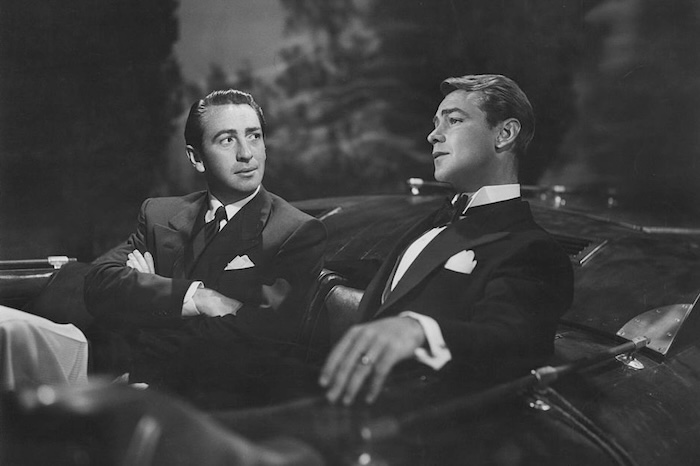
The Man Without a Past: On the Sublimity of Jay Gatsby
Early in The Great Gatsby, a nightingale is spotted on the lawn outside the Buchanans’. There aren’t nightingales in America. Daisy calls it “romantic” and wonders which ship it might have crossed the Atlantic on. Asked to write about The Great Gatsby, which has left the English thanking Americans and the Americans thanking English for a century now, I took my copy to the spot where that nightingale fledged. There is a small pub garden by London’s Hampstead Heath where F. Scott Fitzgerald’s hero, the Romantic princeling John Keats, composed his "Ode to a Nightingale." Here, as in America, you first meet the book in school, and you take your personal clutch of gorgeous, fleet-footed lyrics; for me, that the city seen from the Queensboro Bridge is “always the city seen for the first time, in its first wild promise of all the mystery and the beauty in the world,” and that Gatsby’s smile “understood you just so far as you wanted to be understood, believed in you as you would like to believe in yourself.” Those treasures are precious, but in some way you feel they are so for what they will reveal. Everyone says you must reach a certain age to “really get” Gatsby.

